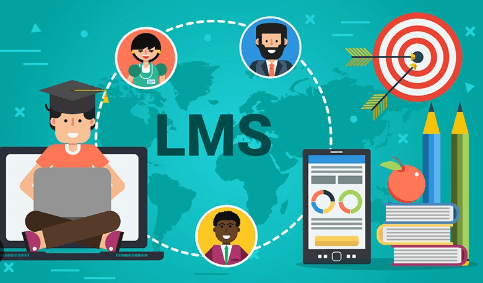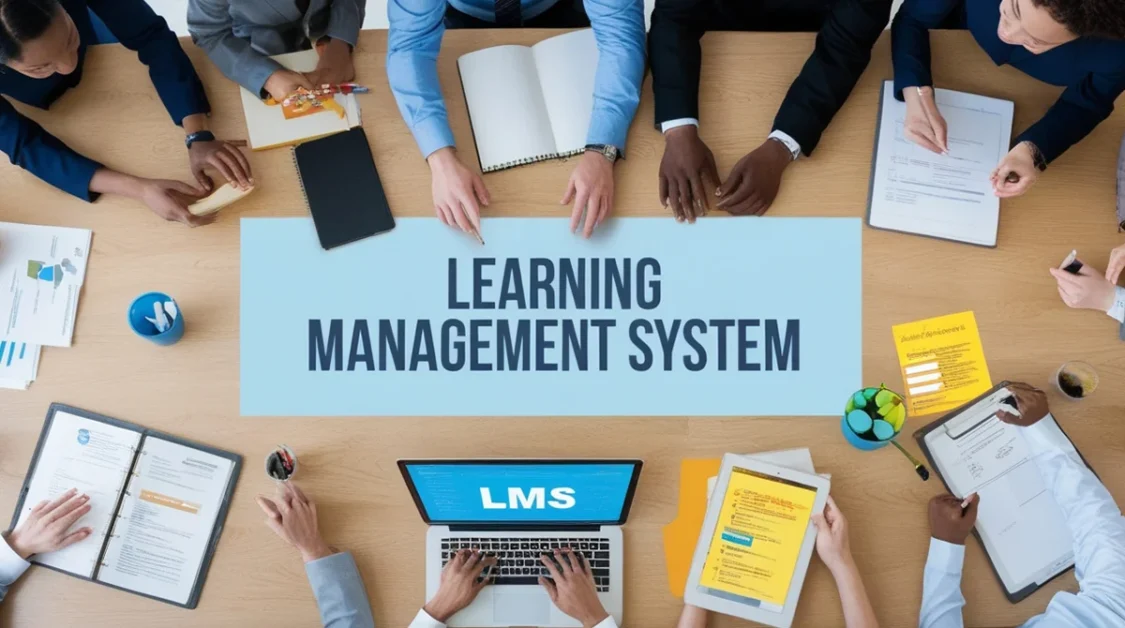In the rapidly evolving landscape of education and corporate training, the use of technology to streamline and enhance learning experiences has become increasingly vital. A Learning Management System (LMS) is at the forefront of this transformation. Whether in academic institutions or business environments, LMS platforms are reshaping how we learn, teach, and manage educational content. This article explores the numerous benefits of of a Learning Management System (LMS) and why it is a game-changer for both learners and educators.
1. Centralized Learning Hub
One of the most significant advantages of an LMS is the centralization of educational resources. In traditional learning environments, materials are often scattered across various locations—books, handouts, notes, and online resources. An LMS brings all these elements into one digital platform, where students and employees can easily access everything they need. This centralized hub simplifies the learning process, reducing the time spent searching for materials and ensuring that everyone has the most up-to-date information.
2. Flexible and Convenient Learning
Flexibility is a crucial benefit offered by an LMS. Traditional classroom settings require learners to be physically present at specific times, which can be restrictive. With an LMS, learners can access courses and materials anytime, anywhere, provided they have an internet connection. This flexibility is particularly beneficial for working professionals who need to balance their education with their job responsibilities. It allows them to learn at their own pace, revisit challenging topics, and complete assignments on their schedule.
3. Personalized Learning Experience
Every learner has a unique learning style, and an LMS caters to this by offering a personalized learning experience. Through data analytics, an LMS can track a learner’s progress, strengths, and areas for improvement. Based on this data, the system can recommend specific resources, exercises, or courses to help the learner achieve their goals. This level of customization enhances the learning experience by making it more relevant and targeted to individual needs, leading to better outcomes.
4. Enhanced Collaboration and Communication
An LMS is not just a repository of learning materials; it also serves as a platform for collaboration and communication. Most LMS platforms come equipped with tools such as discussion forums, chat rooms, and video conferencing. These tools foster interaction among learners, educators, and peers, creating a more engaging learning environment. Instructors can easily communicate with students, provide feedback, and facilitate group work, even when participants are geographically dispersed.
5. Efficient Administration and Management
Managing a traditional classroom involves a significant amount of administrative work, from tracking attendance to grading assignments. An LMS automates many of these tasks, freeing up time for educators to focus on teaching and mentoring. For instance, an LMS can automatically grade quizzes, track student progress, and generate reports on performance. This automation reduces the administrative burden on instructors and ensures that assessments are fair and consistent.
6. Cost-Effective Learning Solution
Implementing an LMS can lead to substantial cost savings for educational institutions and businesses. Traditional learning methods involve costs related to physical classrooms, printed materials, and travel. With an LMS, most of these expenses are eliminated or significantly reduced. Courses can be delivered online, materials are digital, and learners can participate from anywhere, reducing the need for physical infrastructure and resources. Additionally, the scalability of an LMS means that it can accommodate a growing number of learners without a corresponding increase in costs.
7. Scalability and Consistency
In large organizations or educational institutions, ensuring consistency in the delivery of courses and training can be challenging. An LMS solves this problem by providing a standardized platform where all learners receive the same content in the same format. This consistency is crucial for maintaining quality across the board. Furthermore, an LMS is highly scalable, meaning it can easily handle an increasing number of users without compromising performance or user experience.
8. Data-Driven Insights
One of the standout features of an LMS is its ability to generate data-driven insights. Educators and administrators can access detailed reports on learner performance, engagement, and progress. These insights are invaluable for identifying trends, understanding learner behavior, and making informed decisions about curriculum design and delivery. Data analytics also enable early intervention for learners who may be struggling, allowing for timely support and guidance.
9. Continuous Learning and Development
An LMS is not just a tool for delivering courses; it is also a platform for continuous learning and development. In a corporate setting, an LMS can be used to provide ongoing training and professional development opportunities. Employees can access new courses to update their skills, learn about industry trends, or pursue certifications. This continuous learning culture benefits both the organization, by keeping its workforce competitive, and the employees, by enhancing their career prospects.
10. Environmental Benefits
Finally, the shift to digital learning via an LMS contributes to environmental sustainability. By reducing the need for printed materials, travel, and physical infrastructure, an LMS minimizes the carbon footprint associated with traditional learning methods. This eco-friendly approach aligns with the growing emphasis on sustainability in education and business practices.
Conclusion
The adoption of a Learning Management System offers a multitude of benefits that enhance the learning experience, streamline administrative tasks, and provide cost-effective solutions for educational institutions and businesses alike. From personalized learning paths to data-driven insights, an LMS empowers learners and educators, making education more accessible, flexible, and impactful. As technology continues to evolve, the role of an LMS in education and training is set to become even more significant, paving the way for a future where learning is truly limitless.



